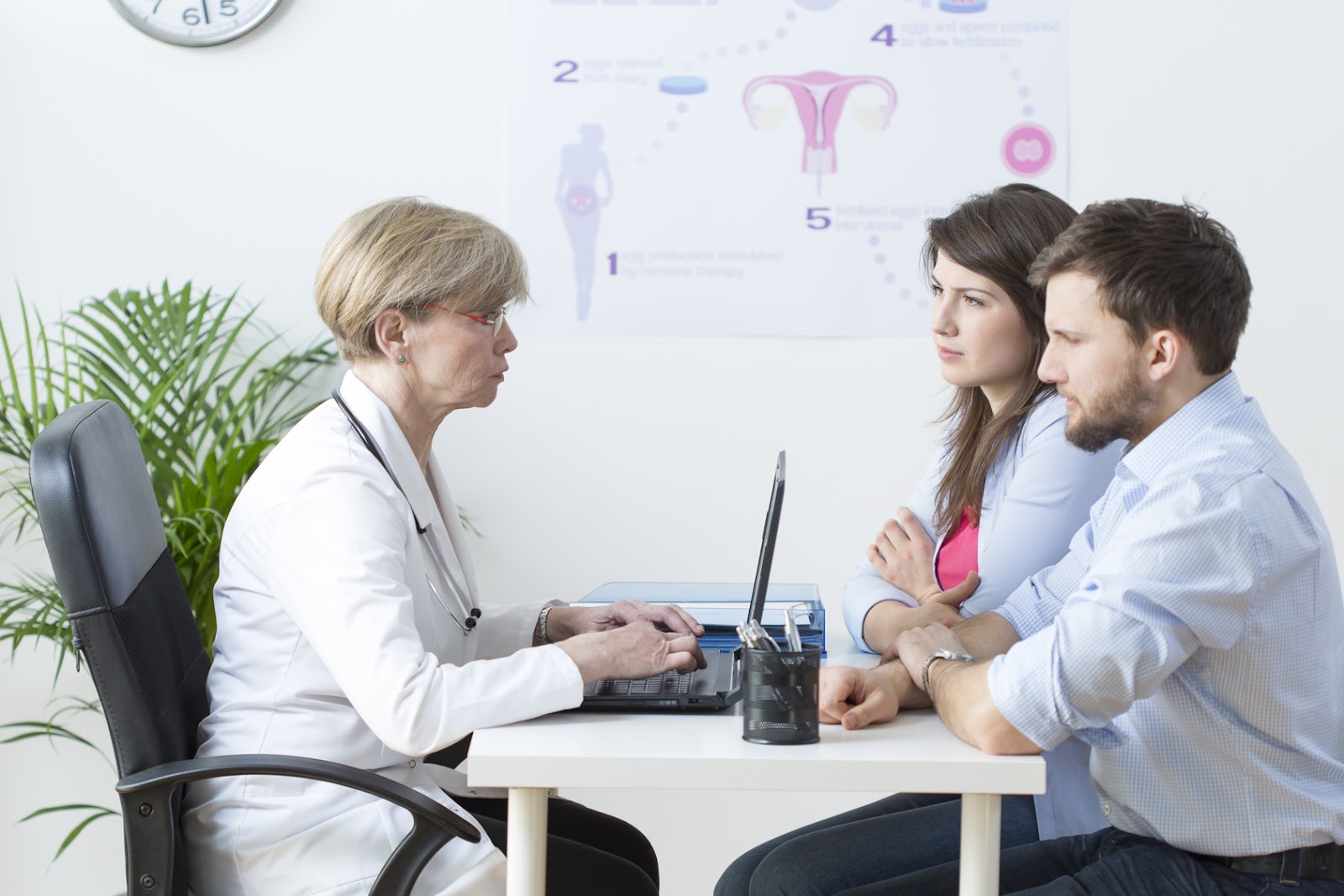Women who suffer from polycystic ovarian syndrome may have significant difficulties in several aspects of their lives. Most of the time, it has effects that aren’t just physical but also harmful to our mental health due to hormonal imbalance, weight gain, and other distressing symptoms.

Some studies indicate that PCOS is responsible for several mental health problems, such as stress, anxiety, depression, eating disorders, and decreased sexual satisfaction. Compared to women without PCOS, PCOS patients are three times more likely to experience mood-related issues such as anxiety and depression.
To have a better idea of how Polycystic Ovary Syndrome is related to mental health problems, let’s have a look at what PCOS is-
PCOS- what is it?
Polycystic ovary syndrome is when a woman’s ovaries or adrenal glands make more male hormones than usual. Cysts, which are fluid-filled sacs, grow on the ovaries because of this.
It is hard to be diagnosed because it doesn’t show up in just one way. Because of this, many women don’t get tested for or diagnosed with it until they have trouble becoming pregnant.
Hence, since PCOS can cause such a wide range of symptoms, it can be diagnosed by doing some tests.
Some symptoms of PCOS
A number of symptoms of PCOS are listed below-
- Menstrual irregularity
- Infertility
- Pelvic pain
- Weight gain
- Excessive amounts of hair on the body and face
- Oily or acne-prone skin
- Darkening of skin
- Depression
- Mood changes
- Anxiety
How PCOS and mental health is related
Polycystic Ovary Syndrome affects women’s mental health in a number of ways that go beyond hormonal imbalance. Some of the things that led to it are:
Gaining weight due to Polycystic Ovary Syndrome can cause depression, anxiety, and even aggression.

Women with this syndrome who had trouble getting pregnant were most likely to show signs of anxiety and depression.
Another common sign of anxiety and self-esteem issues is acne that doesn’t go away.
Due to PCOS, patients may experience hair loss. It is one of the reasons for having depression.
The growth of body hair is also a symptom of Polycystic Ovary Syndrome. Patients become more conscious about their bodies and sometimes lose self-confidence. Eventually, it happens to be one of the reasons for depression and anxiety.
According to studies, women with Polycystic Ovary Syndrome are more prone to feeling depressive symptoms than the overall population.
Since we have an idea of how it affects mental health, it is also significant to know how it can be treated.
Ways to take care of your mental health

Experts say that many women with Polycystic Ovary Syndrome either ignore their symptoms or fail to receive the care they need to address related mental health issues. Almost one-fifth of all Indian women, by some estimates, have polycystic ovary syndrome. Hence, raising public awareness of the condition is essential.
Experts also suggest that accepting it as a condition, not an illness, would aid in living with it and controlling it. The first step is to embrace yourself which can help regain self-confidence.
Counseling sessions can be beneficial for women as well, depending on the severity of the problem as well as other aspects such as the individual’s capacity for coping and the environmental factors that they are exposed to.
In addition to taking professional assistance, adopting a healthy way of life and developing effective self-care practices can contribute significantly to an improvement in the overall quality of one’s life. This involves maintaining good dietary habits, a regular exercise routine, effective stress management, and adequate sleep.
Conclusion
PCOS is a chronic condition that affects the endocrine system and is characterized by a variety of symptoms, the most notable of which are androgens, menstrual abnormalities, and depression. Patients who have poor metabolic and reproductive aspects are more likely to suffer from depression and stressful conditions, which are high-risk factors. It has been suggested that obesity is the primary contributor to feelings of depression and emotional strain in teenagers.
It is now a well-established fact that leading a lifestyle that is both healthy and active can support efforts to minimize the severity of both the physiological and psychological symptoms. Therefore, it is advised that stress in women who have Polycystic Ovary Syndrome be treated primarily psychosocially and clinically at a later stage. This is a more economical and hopeful option than other available choices, and it is also the treatment that is most likely to be successful.













